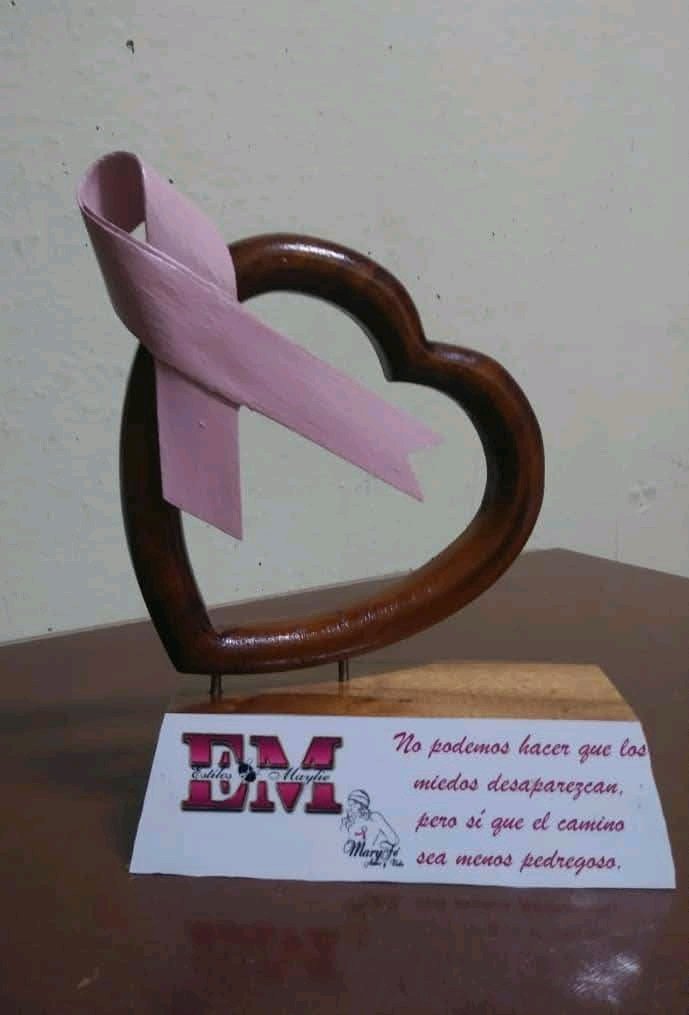
Cada 19 de octubre, el Día Internacional de la Lucha contra el Cáncer de Mama nos recuerda la necesidad de combatir una de las enfermedades más comunes entre las mujeres en todo el mundo. Este día se convierte en una oportunidad de unirnos en solidaridad y apoyo hacia quienes han enfrentado o enfrentan esta lucha, y en una plataforma para difundir la importancia de la prevención y la detección temprana.
El cáncer de mama es más que una enfermedad física; es un desafío emocional y psicológico que impacta profundamente en quienes lo padecen, sus familias y comunidades. Cada año, millones de mujeres son diagnosticadas con esta enfermedad, que aunque no es exclusiva de las mujeres, las afecta de manera desproporcionada. Detrás de cada diagnóstico hay una historia de coraje y resistencia, de cambios drásticos en la vida diaria, en los cuerpos y en la identidad de quienes lo enfrentan.
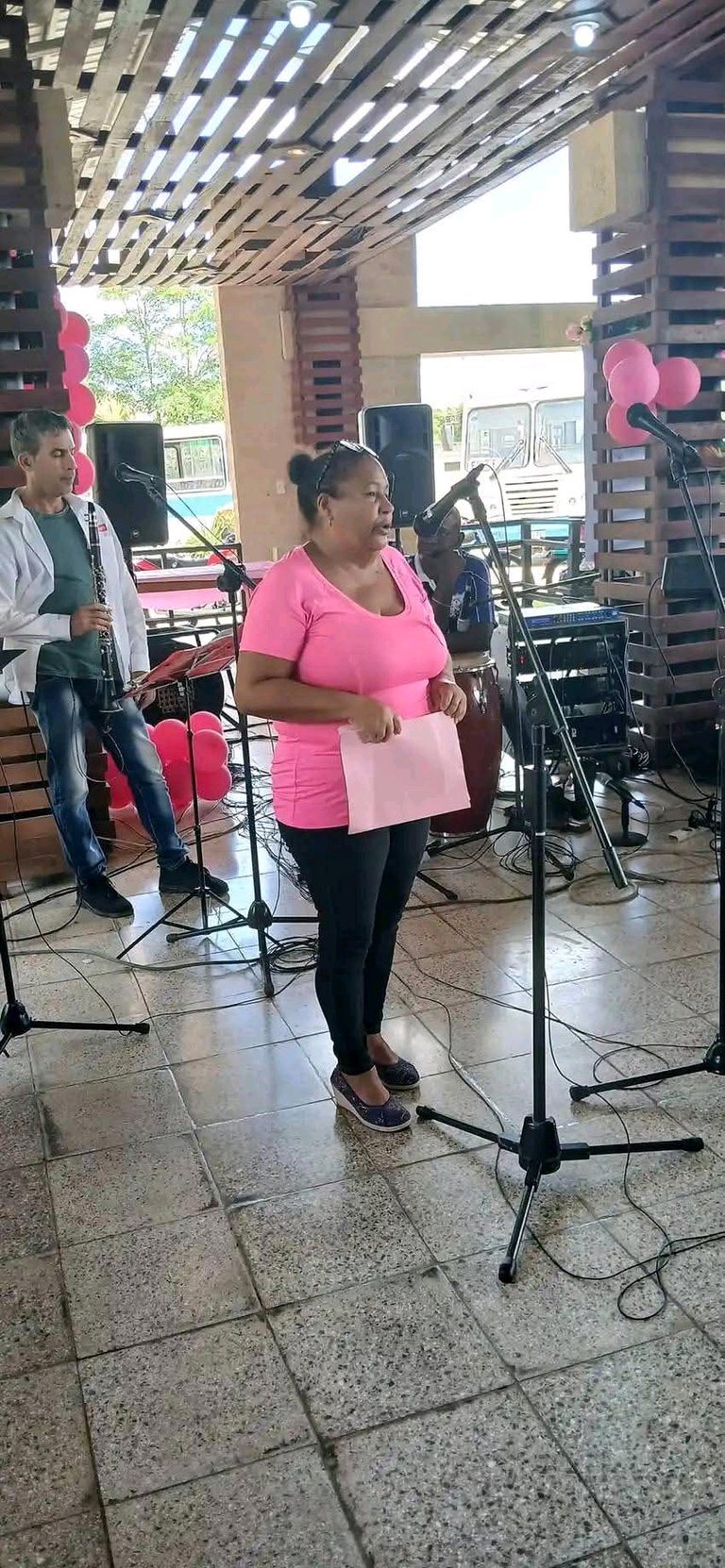
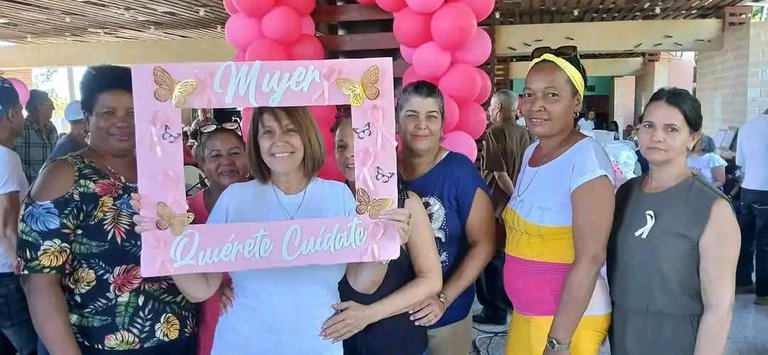
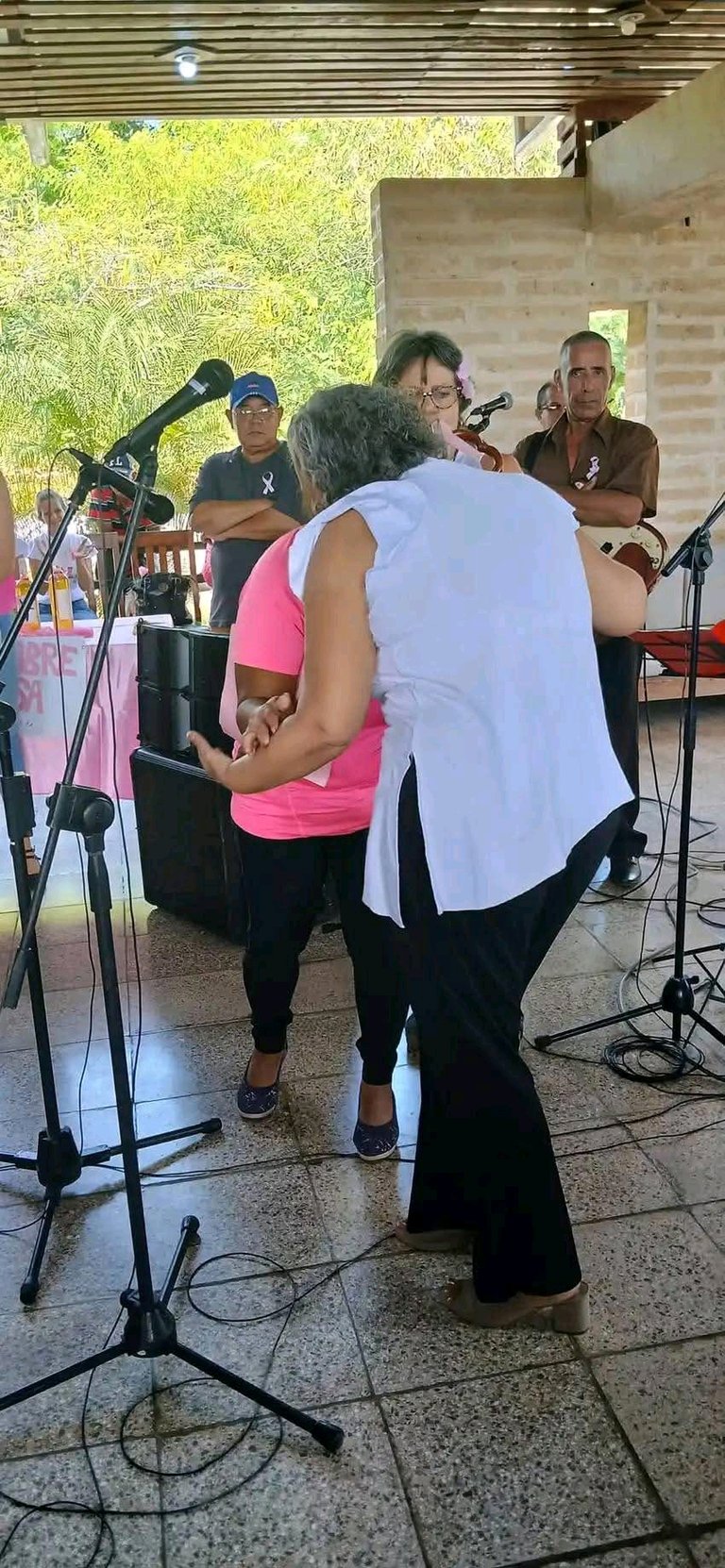
La prevención es el primer paso para reducir los efectos devastadores del cáncer de mama. En este sentido, la autoexploración y los chequeos médicos regulares son esenciales. La autoexploración permite a las mujeres familiarizarse con su cuerpo y, de esta forma, identificar cambios anómalos que podrían alertarlas sobre un problema. Sin embargo, este paso no sustituye los exámenes médicos especializados, como las mamografías, especialmente en mujeres a partir de los 40 años o en aquellas que presentan factores de riesgo. La detección temprana aumenta significativamente las probabilidades de recuperación, pues permite tratar el cáncer en sus etapas iniciales, cuando el tratamiento suele ser más efectivo y menos invasivo.
La detección temprana y la investigación médica han logrado reducir la mortalidad en muchos casos. Sin embargo, la lucha contra el cáncer de mama no termina en el diagnóstico o el tratamiento médico. Existen desafíos emocionales, psicológicos y sociales que requieren apoyo continuo. Muchas personas que enfrentan el cáncer de mama experimentan depresión, ansiedad e incluso problemas de autoestima debido a los cambios físicos causados por la enfermedad y sus tratamientos. Aquí es donde el papel de la familia, los amigos y las redes de apoyo se vuelve fundamental para brindar un entorno seguro y comprensivo.
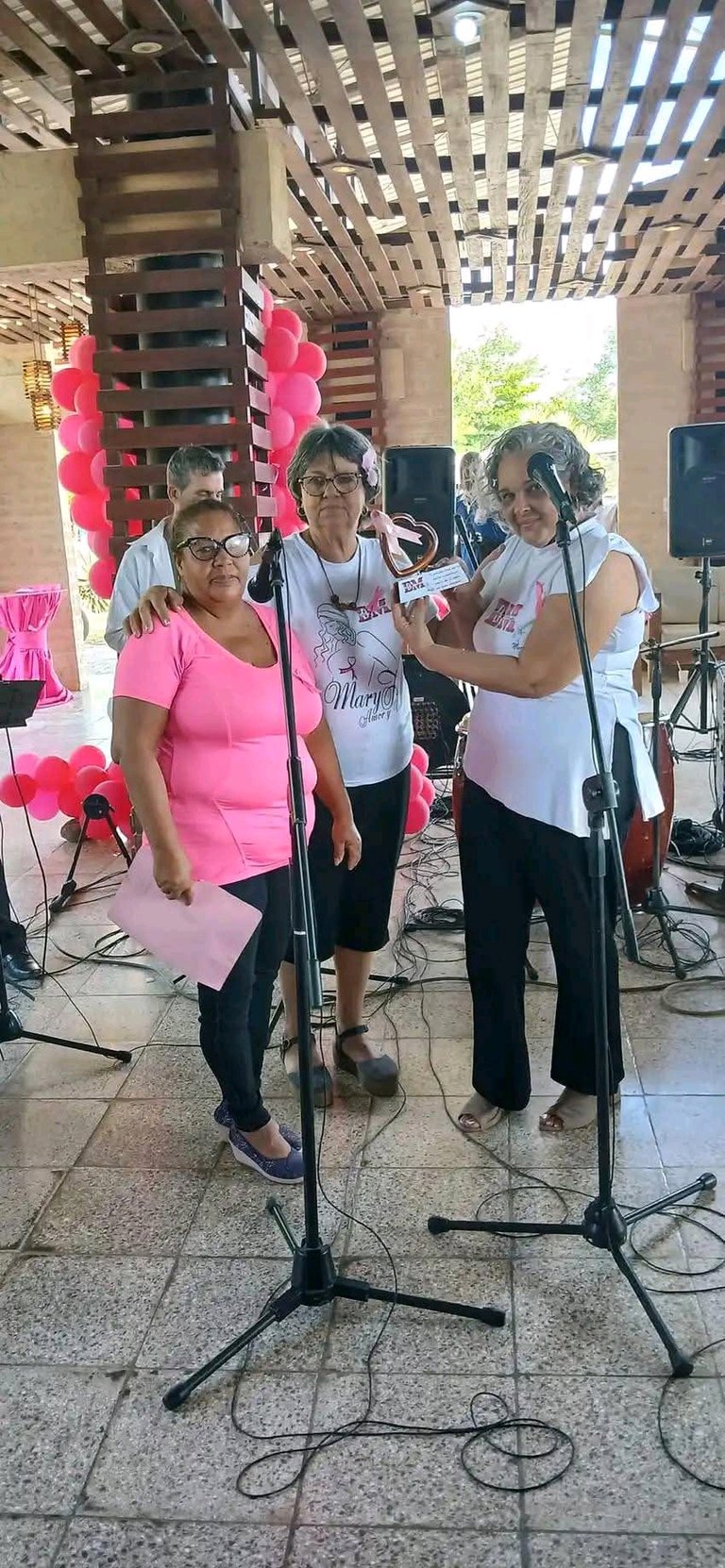
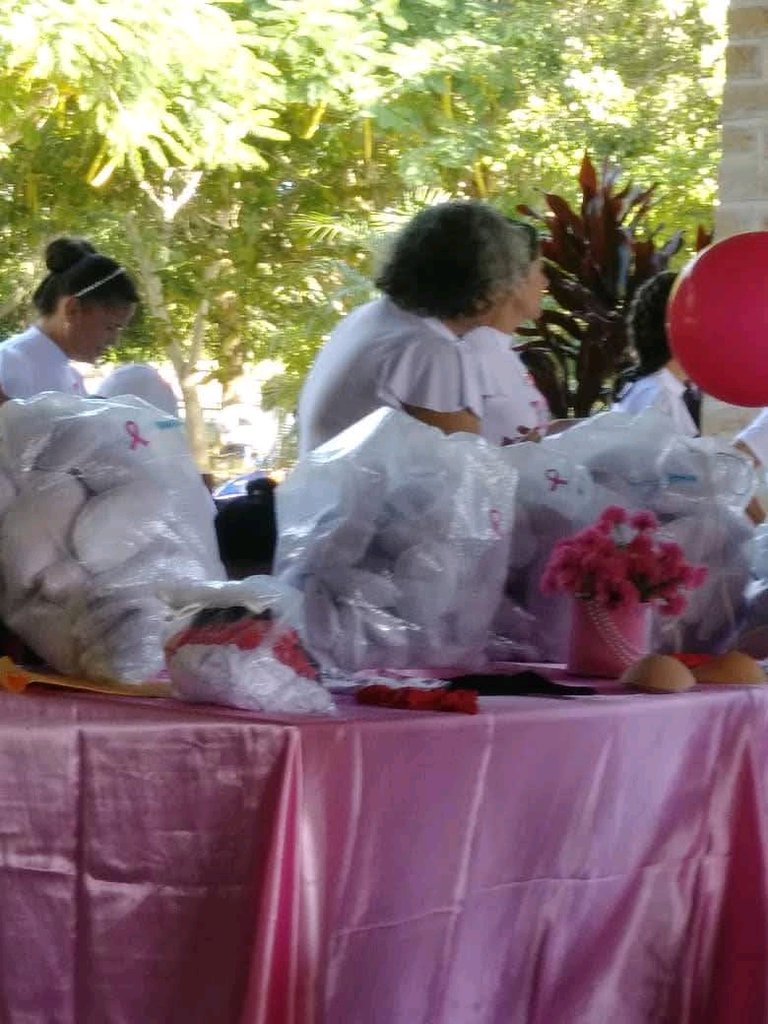


El lazo rosa, símbolo del Día Internacional de la Lucha contra el Cáncer de Mama, representa no solo la concienciación, sino también la fortaleza y resiliencia de quienes viven esta experiencia. Cada vez que alguien luce este lazo, está mostrando su solidaridad con quienes han perdido a un ser querido, con quienes están en la lucha y con quienes han vencido la enfermedad. El lazo rosa también representa el compromiso de educarnos y educar a otros, de hablar sobre la enfermedad y de eliminar los tabúes o estigmas que a veces rodean al cáncer de mama.
Las campañas de concienciación son una herramienta vital en esta batalla, ya que fomentan la educación y el apoyo comunitario. La lucha contra el cáncer de mama es una causa que nos concierne a todos, no solo a quienes padecen la enfermedad. Involucrarnos en campañas, compartir información y promover una cultura de prevención es algo que todos podemos hacer para contribuir a un cambio positivo. Asimismo, es esencial continuar impulsando la investigación científica, ya que cada avance médico ofrece nuevas esperanzas de tratamientos menos invasivos y más efectivos.
En este Día Internacional de la Lucha contra el Cáncer de Mama, recordemos que nuestra labor no se limita a un solo día del año. Todos podemos desempeñar un papel activo en la lucha contra esta enfermedad, ya sea a través de la prevención personal, el apoyo a seres queridos o el impulso de iniciativas que ayuden a mejorar la vida de quienes están en esta batalla.
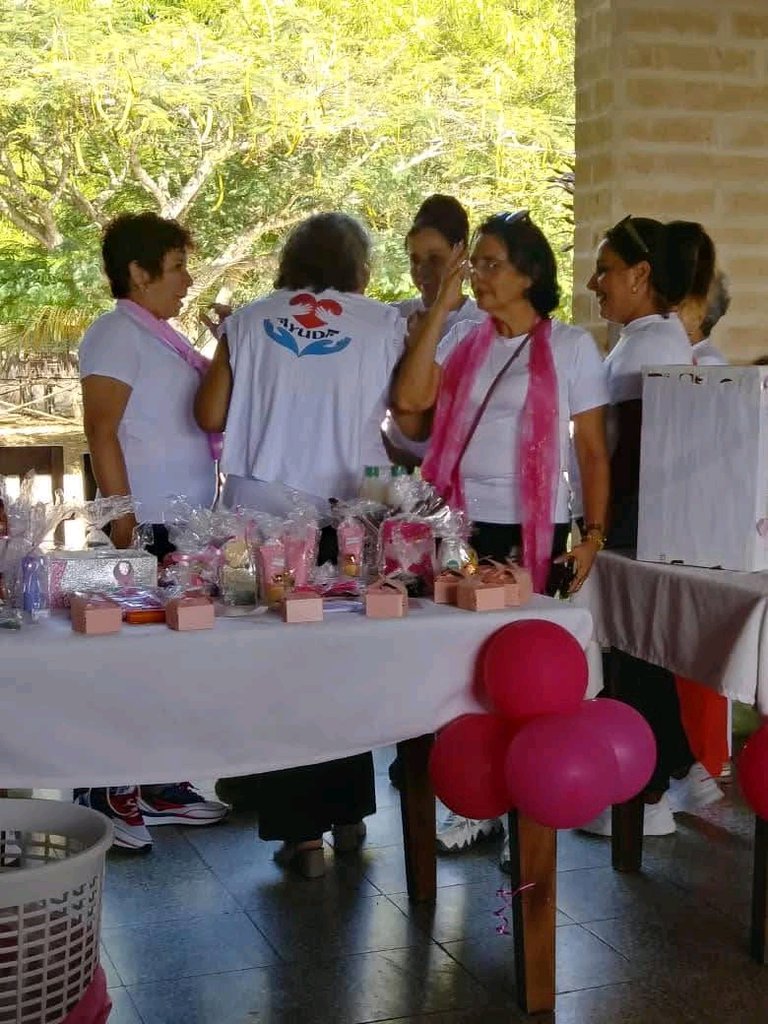

Que cada lazo rosa sea un recordatorio de la importancia de cuidar nuestra salud, de apoyar a quienes más lo necesitan y de fomentar una sociedad informada y solidaria. Juntos podemos hacer la diferencia, convirtiendo este símbolo en un verdadero emblema de esperanza y vida.
ENGLISH
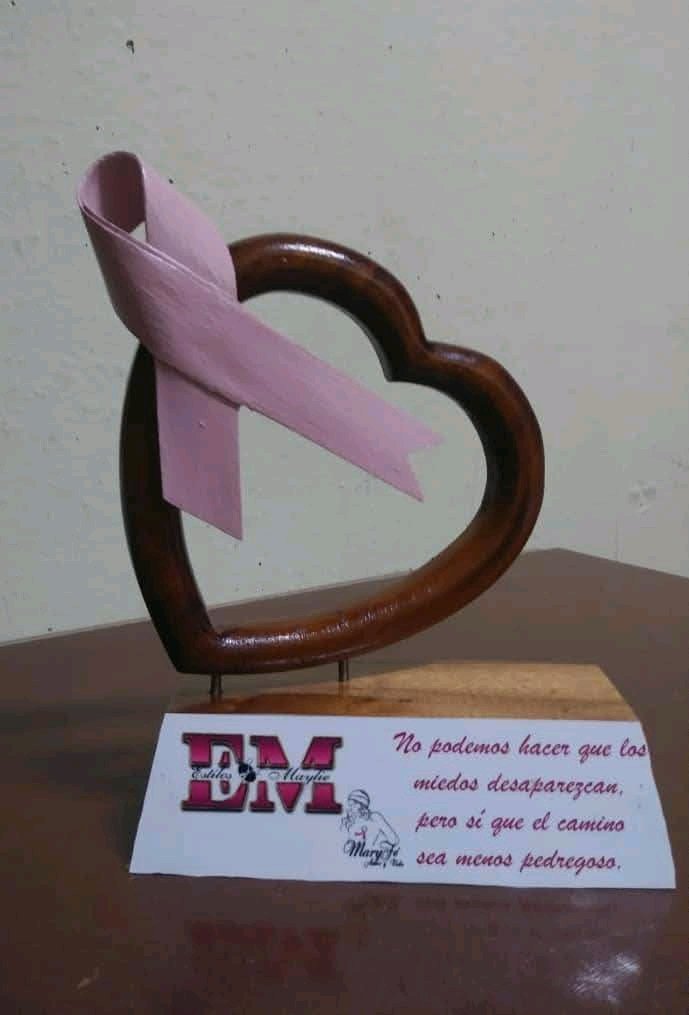
Every October 19, International Breast Cancer Day reminds us of the need to fight one of the most common diseases among women worldwide. This day becomes an opportunity to unite in solidarity and support for those who have faced or are facing this fight, and a platform to spread the importance of prevention and early detection.
Breast cancer is more than a physical disease; it is an emotional and psychological challenge that profoundly impacts those who suffer from it, their families and communities. Every year, millions of women are diagnosed with this disease, which although not exclusive to women, affects them disproportionately. Behind every diagnosis is a story of courage and resilience, of drastic changes in the daily lives, bodies and identities of those who face it.
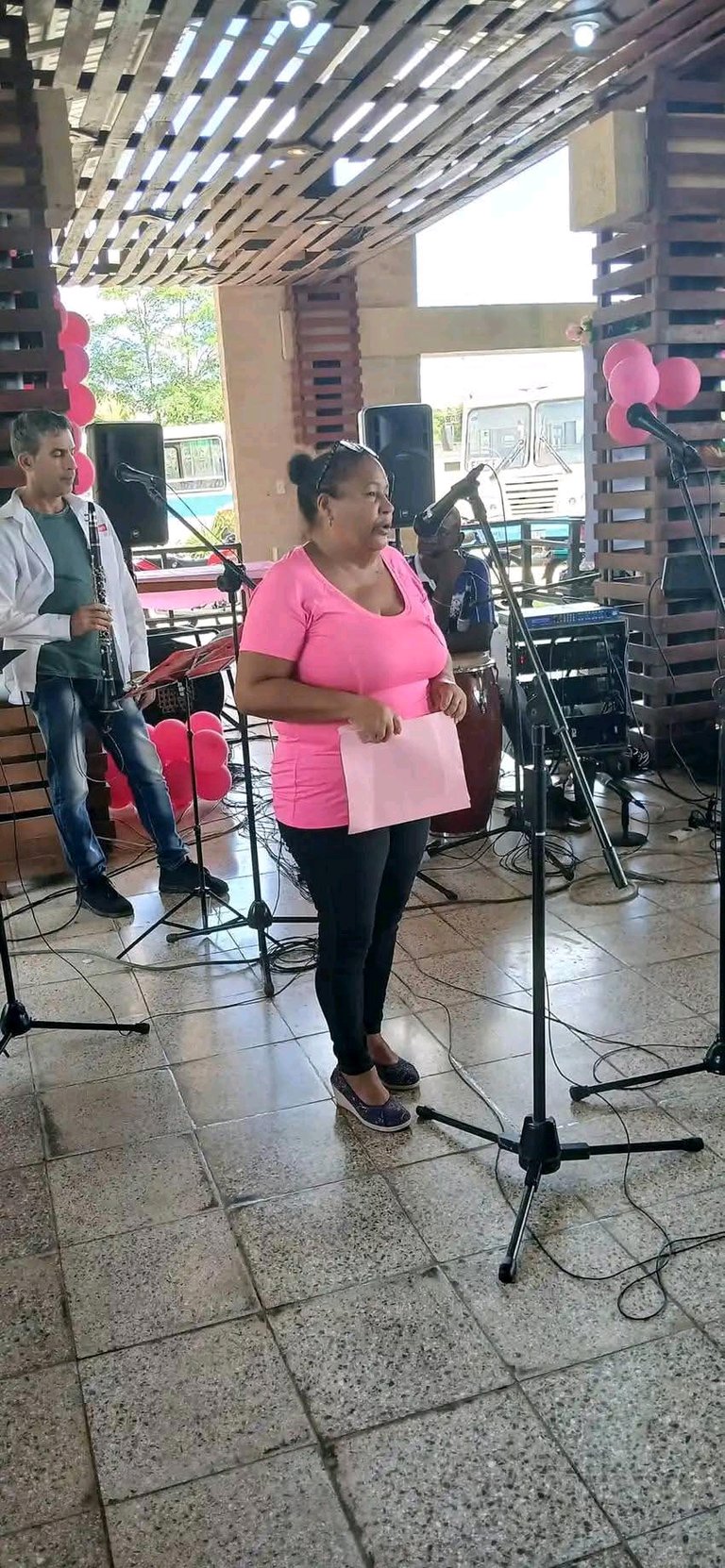
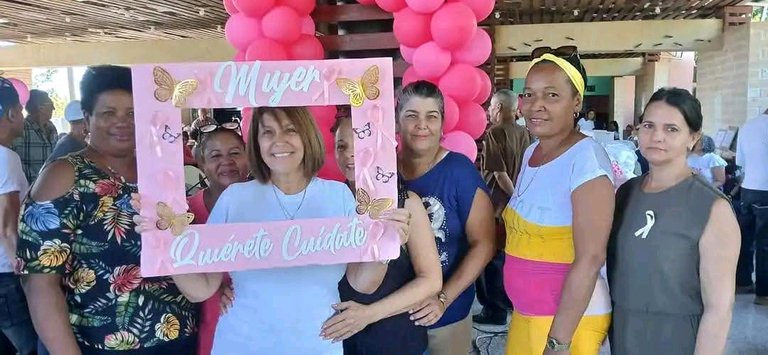
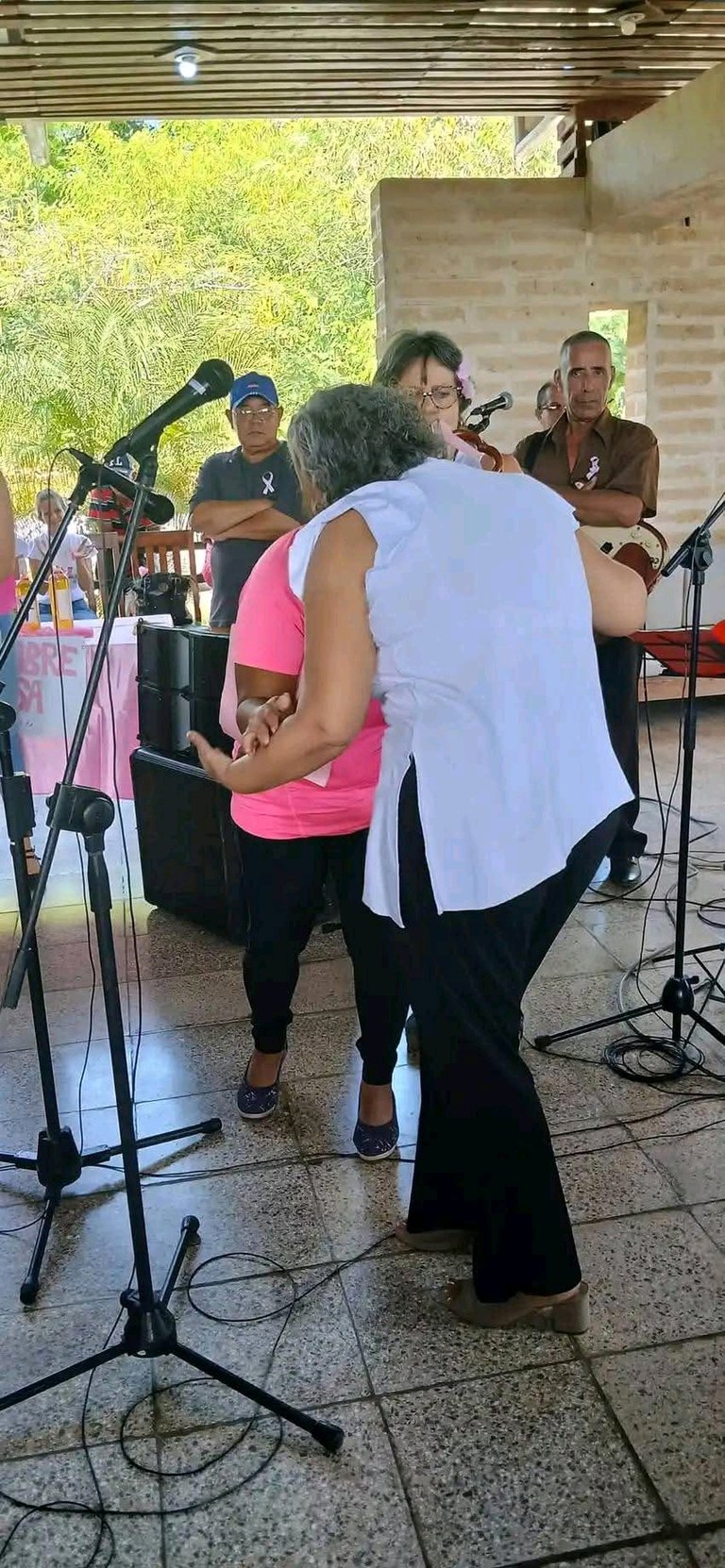
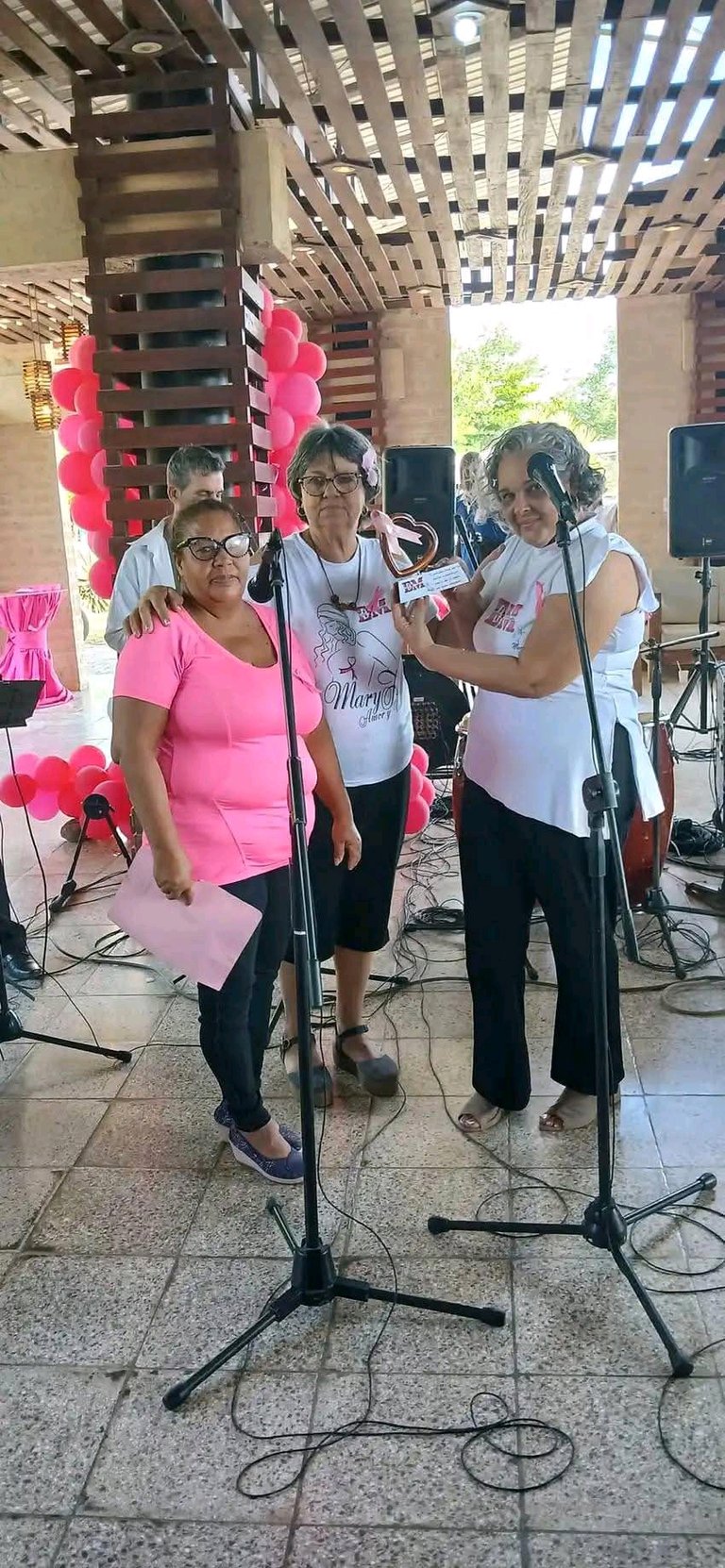
Prevention is the first step in reducing the devastating effects of breast cancer. In this regard, self-examination and regular medical check-ups are essential. Self-examination allows women to become familiar with their bodies and, in this way, identify abnormal changes that could alert them to a problem. However, this step is not a substitute for specialized medical examinations, such as mammograms, especially for women over the age of 40 or those with risk factors. Early detection significantly increases the chances of recovery by treating cancer in its early stages, when treatment is usually more effective and less invasive.
Early detection and medical research have succeeded in reducing mortality in many cases. However, the fight against breast cancer does not end with diagnosis or medical treatment. There are emotional, psychological and social challenges that require ongoing support. Many people facing breast cancer experience depression, anxiety and even self-esteem issues due to the physical changes caused by the disease and its treatments. This is where the role of family, friends and support networks becomes critical in providing a safe and supportive environment.
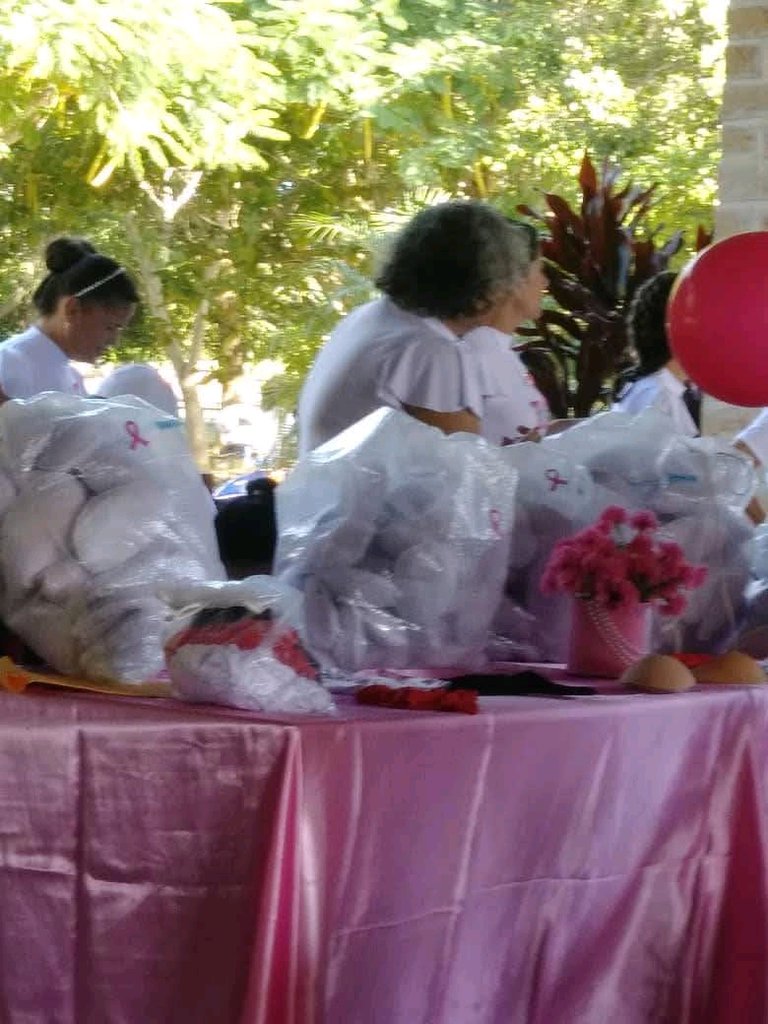


The pink ribbon, the symbol of International Breast Cancer Awareness Day, represents not only awareness, but also the strength and resilience of those living through this experience. Every time someone wears this ribbon, they are showing solidarity with those who have lost a loved one, those who are in the fight and those who have beaten the disease. The pink ribbon also represents a commitment to educate ourselves and others, to talk about the disease and to eliminate the taboos or stigmas that sometimes surround breast cancer.
Awareness campaigns are a vital tool in this battle, as they encourage education and community support. The fight against breast cancer is a cause that concerns us all, not just those with the disease. Getting involved in campaigns, sharing information and promoting a culture of prevention is something we can all do to contribute to positive change. It is also essential to continue promoting scientific research, as each medical advance offers new hope for less invasive and more effective treatments.
On this International Breast Cancer Awareness Day, let us remember that our work is not limited to a single day of the year. We can all play an active role in the fight against this disease, whether through personal prevention, supporting loved ones or promoting initiatives that help improve the lives of those in this battle.
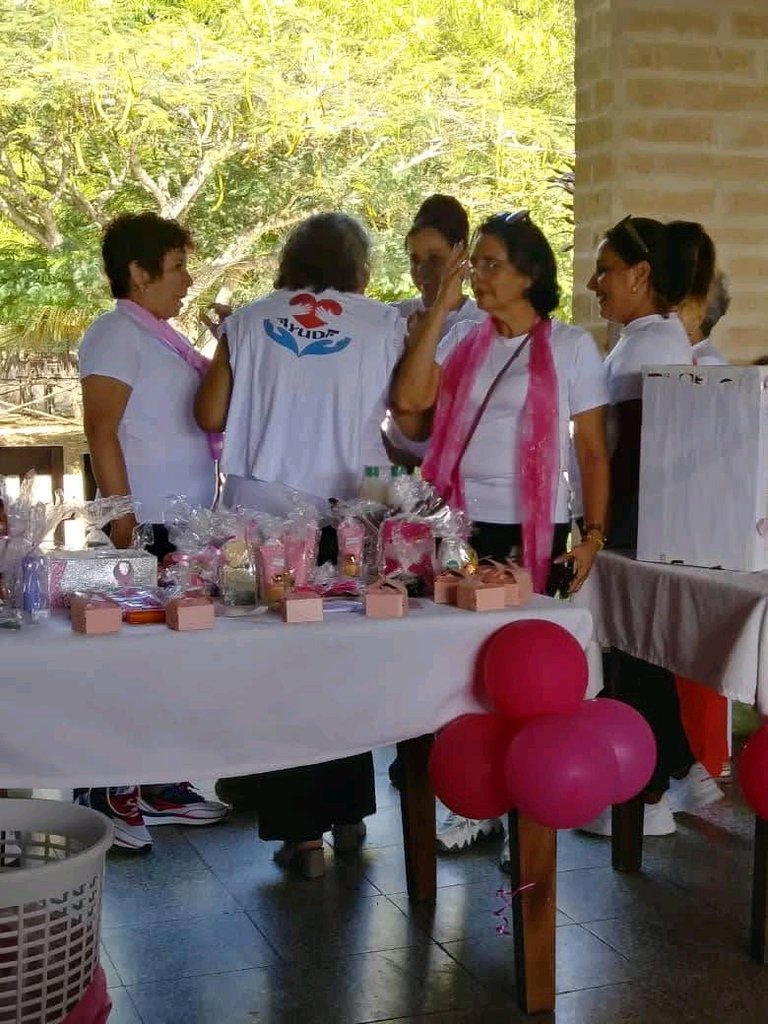
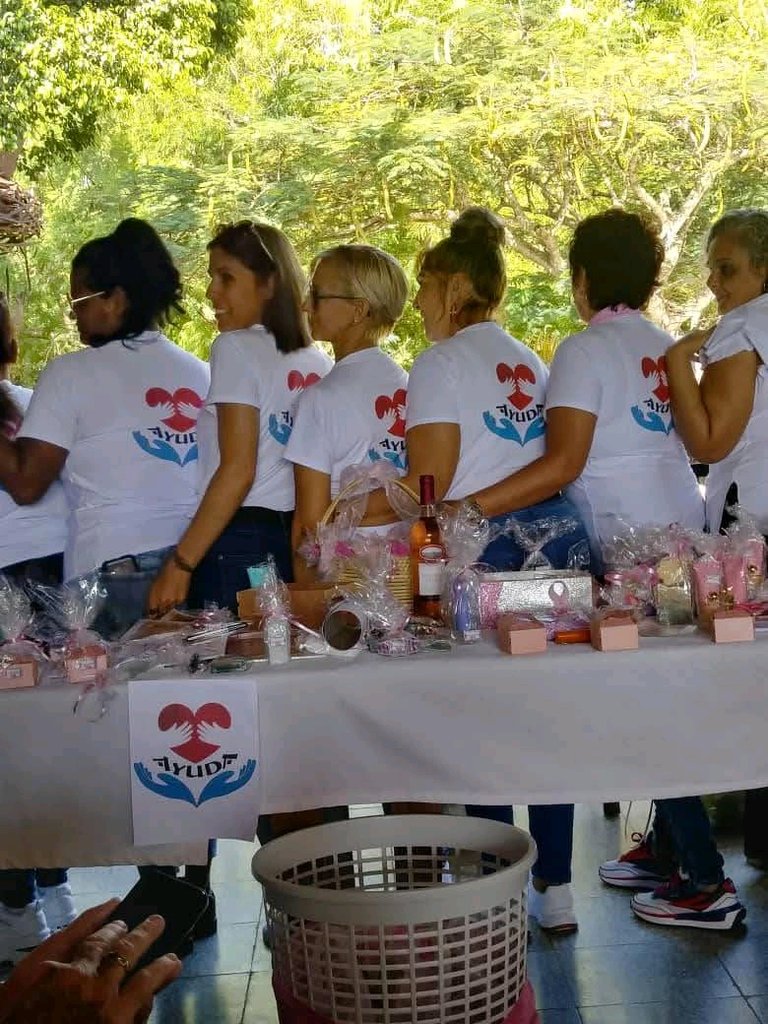
Let each pink ribbon be a reminder of the importance of taking care of our health, of supporting those who need it most, and of fostering an informed and caring society. Together we can make a difference, turning this symbol into a true emblem of hope and life.